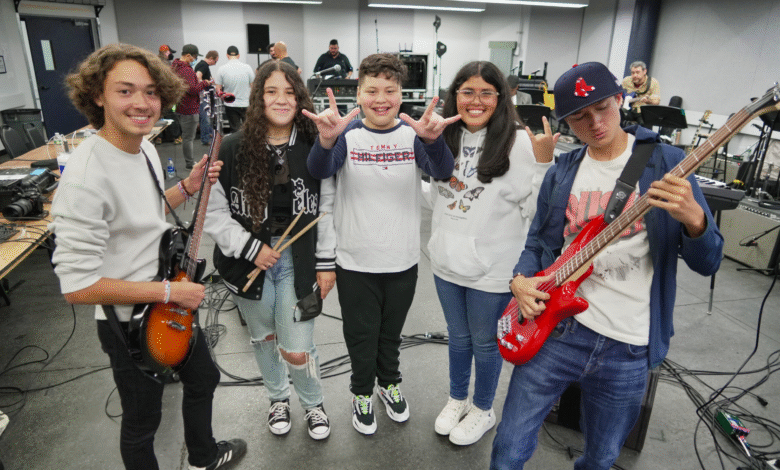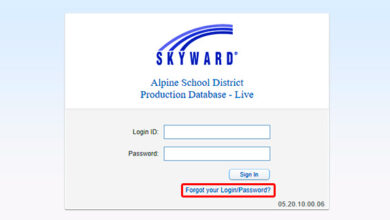How Music Education Empowers Students and Strengthens Communities

Why Music Matters for Young Minds
Every child experiences the world differently, and music serves as a universal language that brings those diverse experiences together. When young people are introduced to music, they’re not just learning to play an instrument or sing a song—they’re discovering new ways to process information and express what’s inside them. Music can ignite curiosity, teach discipline, and inspire resilience, all while helping children make sense of their emotions and surroundings. In schools where music programs are active, students tend to show higher rates of attendance and engagement, likely due to the sense of belonging and purpose music creates in the classroom.
Access to high-quality music education is not always universal, and many programs rely on strong community support and creative funding avenues to stay afloat. For those who believe in the power of music to transform lives and strengthen entire communities, a significant way to get involved is to donate to a music foundation. This simple act can provide instruments, resources, and learning experiences for students who might otherwise never hold a guitar or join a band, ensuring the benefits of music are shared far and wide.
Building Skills and Confidence through Music
Learning music is about far more than talent alone—it’s about developing persistence and embracing the journey. Every student, whether struggling with their first notes on the trumpet or fine-tuning a challenging vocal line, is learning that great things take effort and time. This process naturally teaches goal setting, time management, and the value of perseverance. Each new piece mastered becomes a personal victory, building self-esteem brick by brick.
The confidence built in the practice room often ripples outward, benefitting students academically and socially. Even beyond individual growth, collaboration is central to music. When young musicians play together in an orchestra or sing with a choir, they must pay attention to one another in a way that sharpens listening skills and empathy. They’re learning how to give feedback constructively and how to receive it graciously. These are the same skills that help in team sports, group projects, and eventually, in the workplace. The discipline and cooperation formed through music education are tools for lifelong success.
Academic Benefits Linked to Music Learning
Recent research has strengthened the connection between music education and strong academic performance. Students who engage regularly with music tend to achieve higher grades and standardized test scores, especially in subjects such as math and reading. This isn’t just a happy coincidence. The skills developed in music—such as memorization, identifying patterns, and multidimensional thinking—mirror those used in problem-solving and critical analysis.
Moreover, learning music often involves a deep dive into history, language, and even science, as students explore the origins of musical genres, the mathematics behind rhythm, or the biology of producing sound. By working through musical challenges, learners cultivate patience and develop a growth mindset that is equally valuable for tackling tough math problems or complex literature assignments. When music is integrated as a core subject, students gain cognitive advantages that have a lasting academic impact.
Music and Social-Emotional Growth
The magic of music is revealed not just in notes and rhythms, but in the connections it builds between people. For many students, joining a band or choir is their first taste of true collaboration—an opportunity to feel seen, heard, and understood. Musical groups naturally become a safe space, providing strong social support networks for students that help them weather pressures both inside and outside the classroom.
Through shared rehearsals and public performances, young musicians learn to cope with nerves, accept constructive feedback, and celebrate the success of a group. These experiences are proven to foster greater emotional intelligence, improve self-regulation, and encourage empathy. Over time, students discover that music is a lifelong companion—a source of comfort and joy during difficult periods and a way to express happiness or gratitude during good times.
Community Connections through Shared Performances
Musical performances have long been a prized part of any community—they bring families, neighbors, and classmates together in celebration of hard work and creativity. Whether in a school auditorium, a local festival, or a community center, these events have the power to unite people of all ages and backgrounds around a common love of music. Students often take great pride in performing for their communities, building confidence and a shared sense of accomplishment.
Performances also provide a platform for young people to connect with local culture and heritage, sometimes learning songs in multiple languages or from various traditions. This creates a positive ripple effect throughout the area, boosting local morale and encouraging cultural appreciation. Community music events make it clear that the pursuit of musical excellence is much more than a personal journey—it’s a communal one that strengthens bonds between neighbors and families.
Nurturing Creativity for a Brighter Future
One of the most significant benefits of music education is the way it kindles creativity. Students who write songs, improvise solos, or experiment with new musical ideas are engaging in active problem-solving and inventiveness. This creative mindset is vital far beyond music class; in fact, surveys of business leaders consistently rank creativity among the most desired skills in new employees.
Encouraging creativity through music also builds resilience. Students who are comfortable expressing themselves artistically are often better equipped to handle challenges, adapt to new situations, and approach goals from fresh perspectives. In this sense, music education is an investment in the next generation’s ability to innovate and lead, equipping them with the flexibility to thrive in whichever paths they choose.
How You Can Support Music Education
The ongoing vitality of music programs depends on community action and advocacy. Parents, teachers, and neighbors can get involved by organizing or participating in local fundraisers, volunteering time to support music events, and championing music-friendly policies in local school districts. Donating gently used instruments can sometimes be the single factor that sparks a child’s lifelong love of music.
Even simple acts, like attending school concerts or encouraging a young person to join the school band, can have lasting effects on individual confidence and a program’s visibility. Supporting music in schools, families, and communities helps to develop well-rounded, thoughtful, creative citizens for the future. Taking the initiative to donate to a music foundation or offer your time can open countless doors for young musicians who just need a chance.




